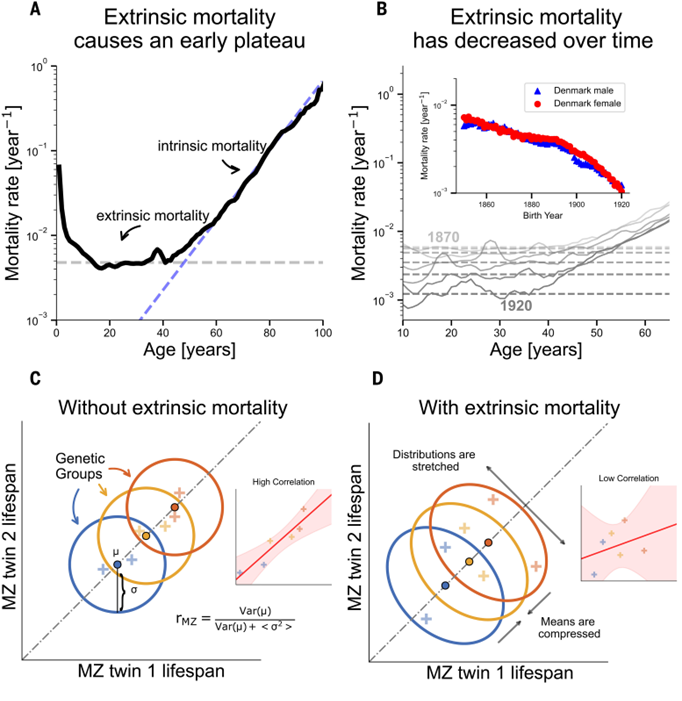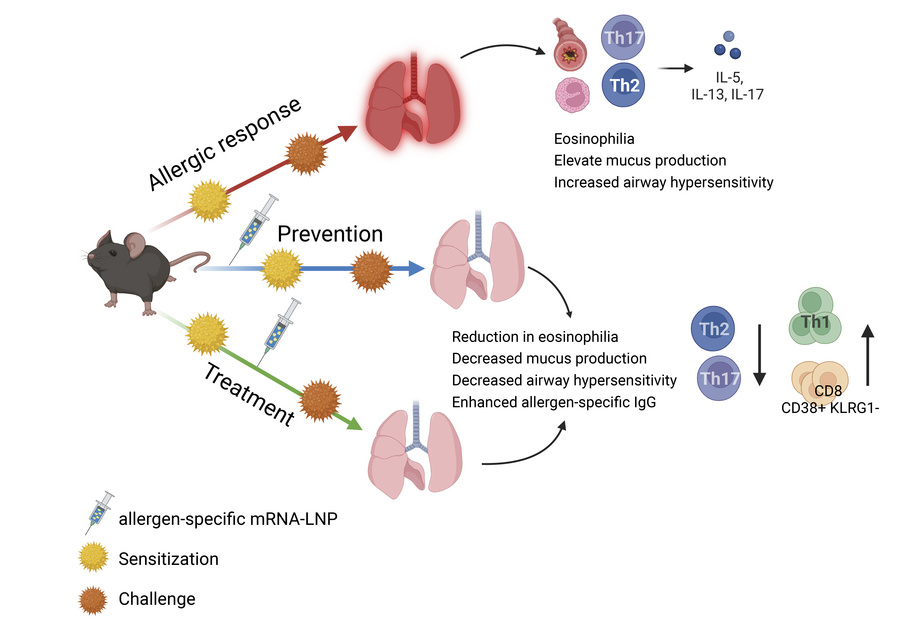
PhD Chemist | Innovation | Science |
Explaining complex science without the nonsense.
Conversations that inform.
2 subscribers
How to get URL link on X (Twitter) App


 When researchers separate deaths caused by accidents, infections, and violence from deaths caused by aging and age-related disease they find that about half of human lifespan variation is driven by intrinsic biology (genetics and aging). 2/
When researchers separate deaths caused by accidents, infections, and violence from deaths caused by aging and age-related disease they find that about half of human lifespan variation is driven by intrinsic biology (genetics and aging). 2/


 This isn’t science fiction.
This isn’t science fiction.
 Confirmation bias means this:
Confirmation bias means this: